Scientists to meet with political leaders for a day on the Hill
The Science Meets Parliament event will take place on Parliament Hill to coincide with annual science policy conference in Ottawa.
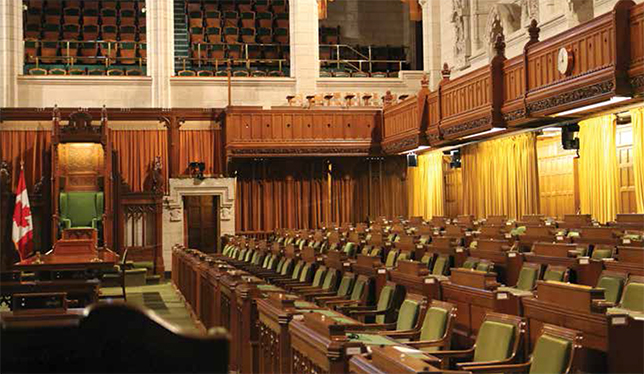
A program being launched at the annual Canadian Science Policy Conference in Ottawa in November will give scientists a chance to spend a day getting to know Parliament Hill and the people who work there. Called Science Meets Parliament, the event will allow up to 20 participants to meet with MPs and senators for informal talks and to learn about their daily business.
The pilot project follows more than a year’s worth of planning, beginning in the summer of 2017 when a team from the Canadian Science Policy Centre approached Senators Kelvin Ogilvie and Art Eggleton with the idea. Members of the federal research granting councils as well as chief science advisor Mona Nemer subsequently joined the discussion. As a model, organizers considered the Library of Parliament’s successful Teachers Institute, which since 1996 has brought dozens of educators from across the country to Ottawa for a week each year.
The group also looked further afield to an Australian initiative that annually brings hundreds of scientists to the capital of Canberra for a two-day gathering. Likewise called Science Meets Parliament, it is mounted by Science and Technology Australia, the body representing some 70,000 members of that country’s research community.
Matt McTaggart, an air force officer and assistant professor of chemistry at the Royal Military College of Canada in Kingston, Ontario, recalled how he learned about the program from an Australian scientist who carried around a model of a radio astronomy antenna in her purse. The device related to a major project that was being considered for government funding and she wanted to be ready to discuss it at a moment’s notice, visual aid in hand. She credited Science Meets Parliament for enhancing her sense of how to communicate science effectively.
“She found that couple of days’ experience to be one of her most useful professional development opportunities,” said Dr. McTaggart. Inspired by this example, Dr. McTaggart joined the Canadian Science Policy Centre team responsible for organizing the Ottawa event, which will be held on November 6, the day before this year’s science policy conference begins. Holders of Tier II Canada Research Chairs were invited to apply to participate.
“One of our priorities has been nurturing a culture of evidence-based decision-making,” said Mehrdad Hariri, CEO and president of the Canadian Science Policy Centre, which began mounting its annual conference in 2009. “This initiative will further that vision by bringing these two communities together to become more familiar with each other, with their terminology and with the work that they do.”
These exchanges are in no way intended to serve as bids for more funding, Dr. Hariri stressed. An orientation session prior to the event will guide participants on such etiquette, so that their outreach is not mistaken for lobbying, he said.
Dr. McTaggart credited the longevity of the Australian program, now in its 19th year, with the fact that it helps lawmakers to understand the practical aspects of science. Representatives of rural ridings, for example, appreciate knowing more about what agricultural science might be able to do for their constituents. “No matter what your political stripe, the knowledge that’s gained through the scientific enterprise has value,” he said.
As a partner in Science Meets Parliament, chief science advisor Dr. Nemer said she expects parliamentarians to learn a great deal about the people who take part in research. But, she said that researchers stand to learn just as much about the realities facing government decision-makers. “The importance of face-to-face interaction cannot be overstated,” she said. “It is hoped that these interactions will enhance the use of science for the public good.”
This is not the first time such encounters have been organized on Parliament Hill. The Partnership Group for Science and Engineering, a co-operative association of public, private and academic organizations representing some 50,000 members, used to organize an annual day where scientists and federal policy-makers could meet in private sessions. Such gatherings have not been held in several years and Dr. McTaggart, for his part, said he is eager to see such activities revived since he never had the opportunity before now to take part. “I’m as excited as anyone to get in the room and see what it’s all about.”
Featured Jobs
- Biochemistry, Microbiology and Bioinformatics - Faculty Position (Microbial Systems Biology, Omics Data Analysis)Université Laval
- Neuroscience - Assistant ProfessorMacEwan University
- Business - Assistant Professor (Digital Technology)Queen's University
- Sociology - Professor (Quantitative Data Analysis Methods and Social Statistics)Université Laval
- Law - Assistant or Associate Professor (International Economic Law)Queen's University



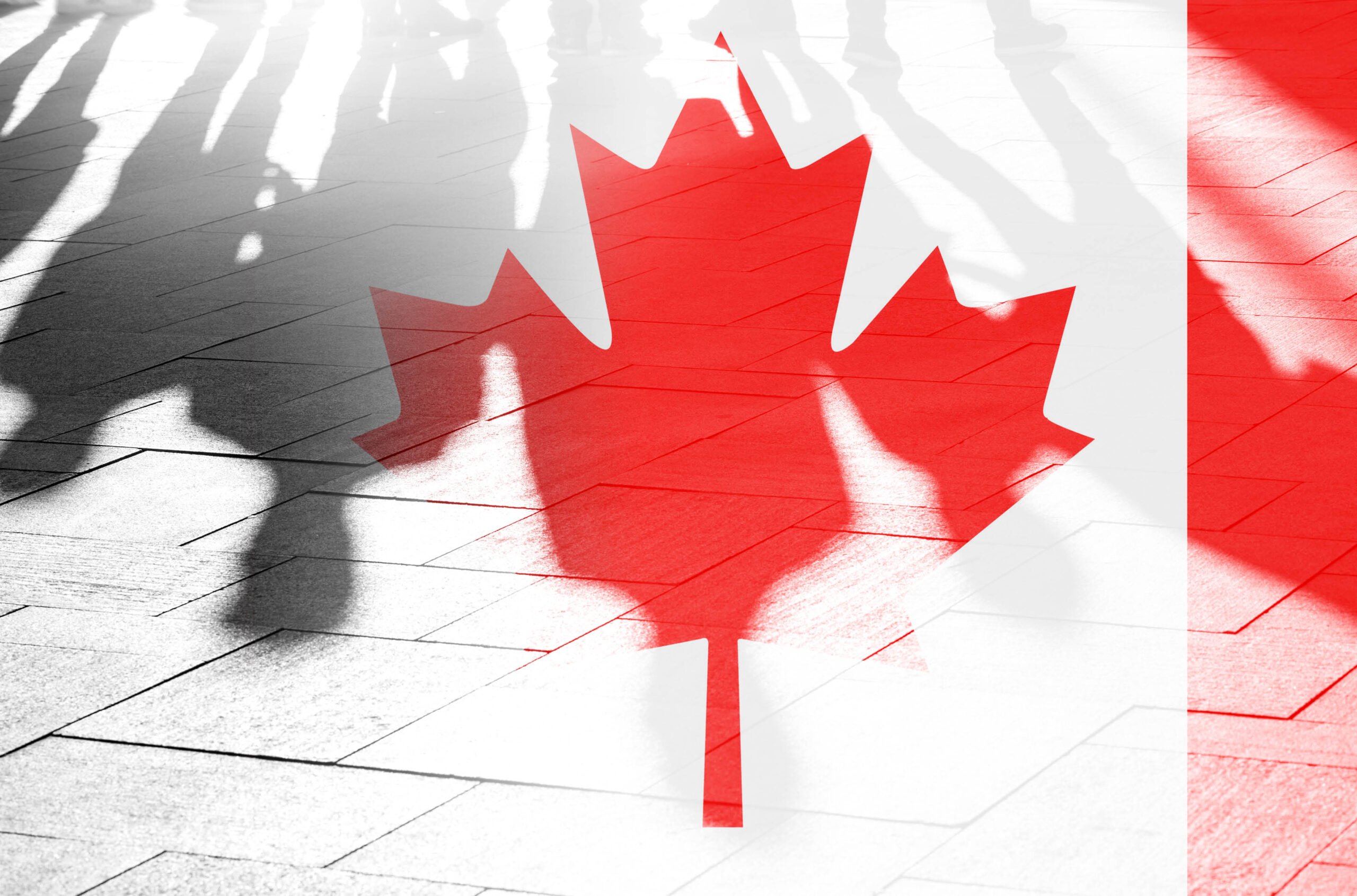
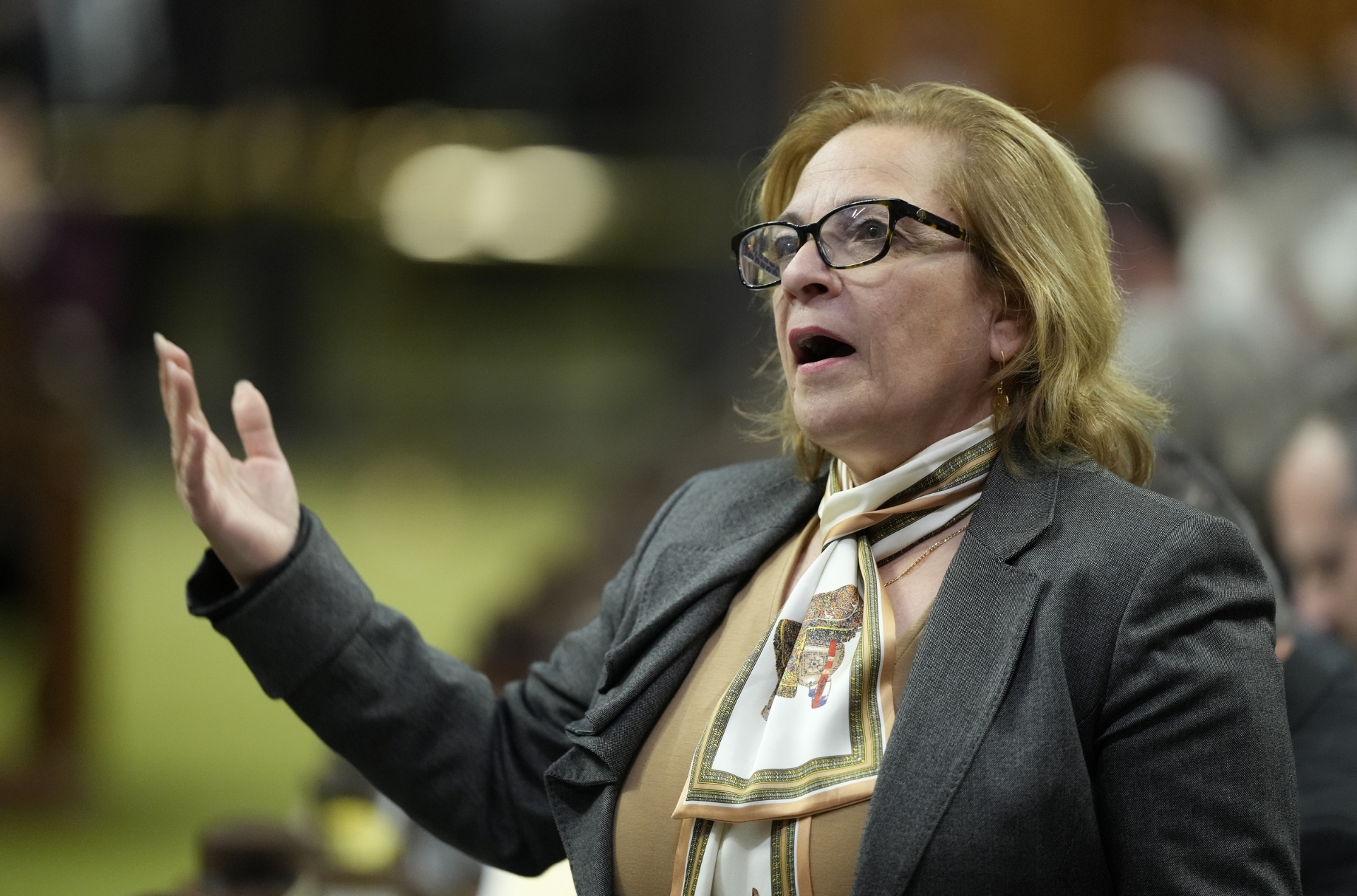
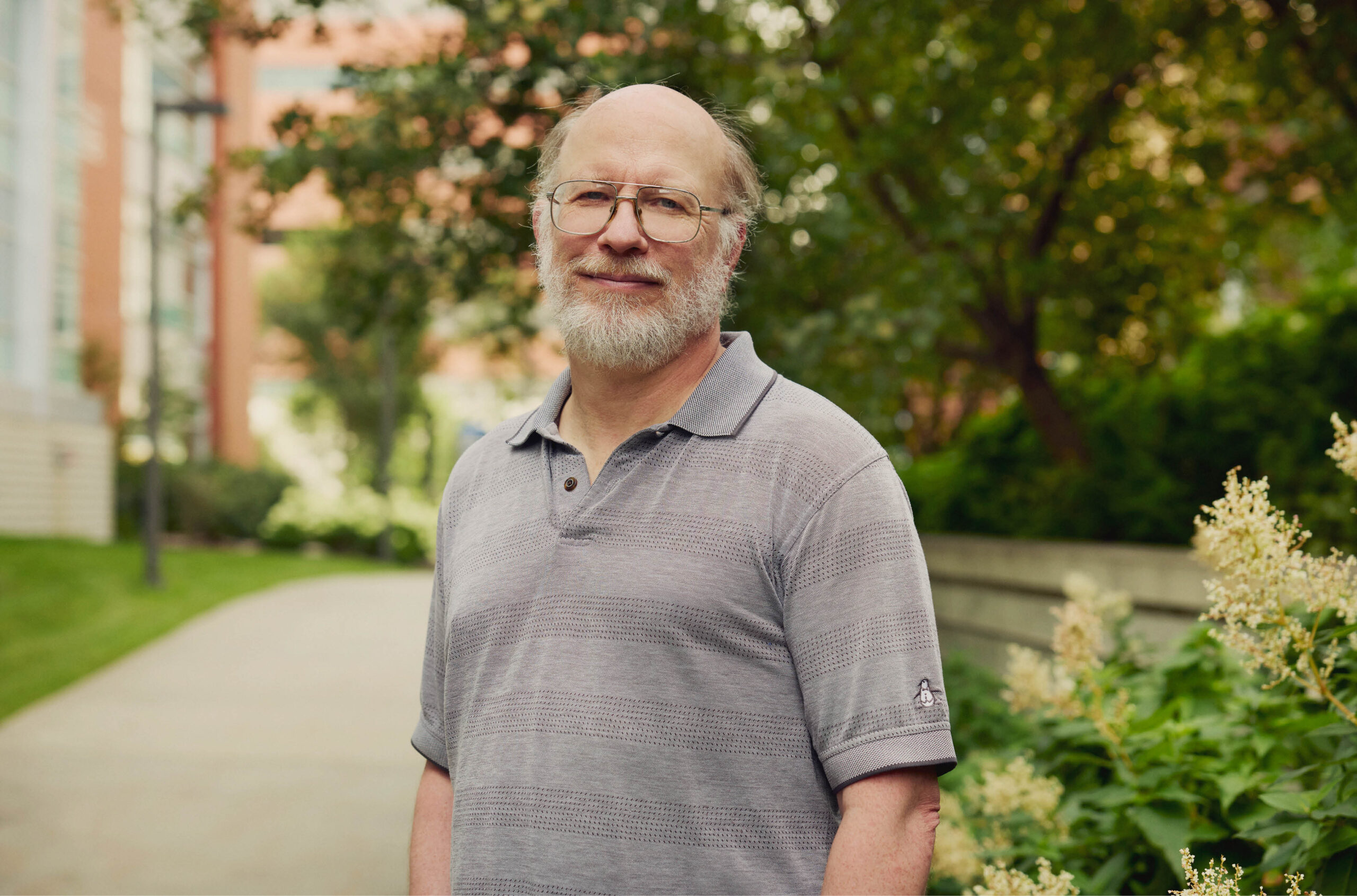





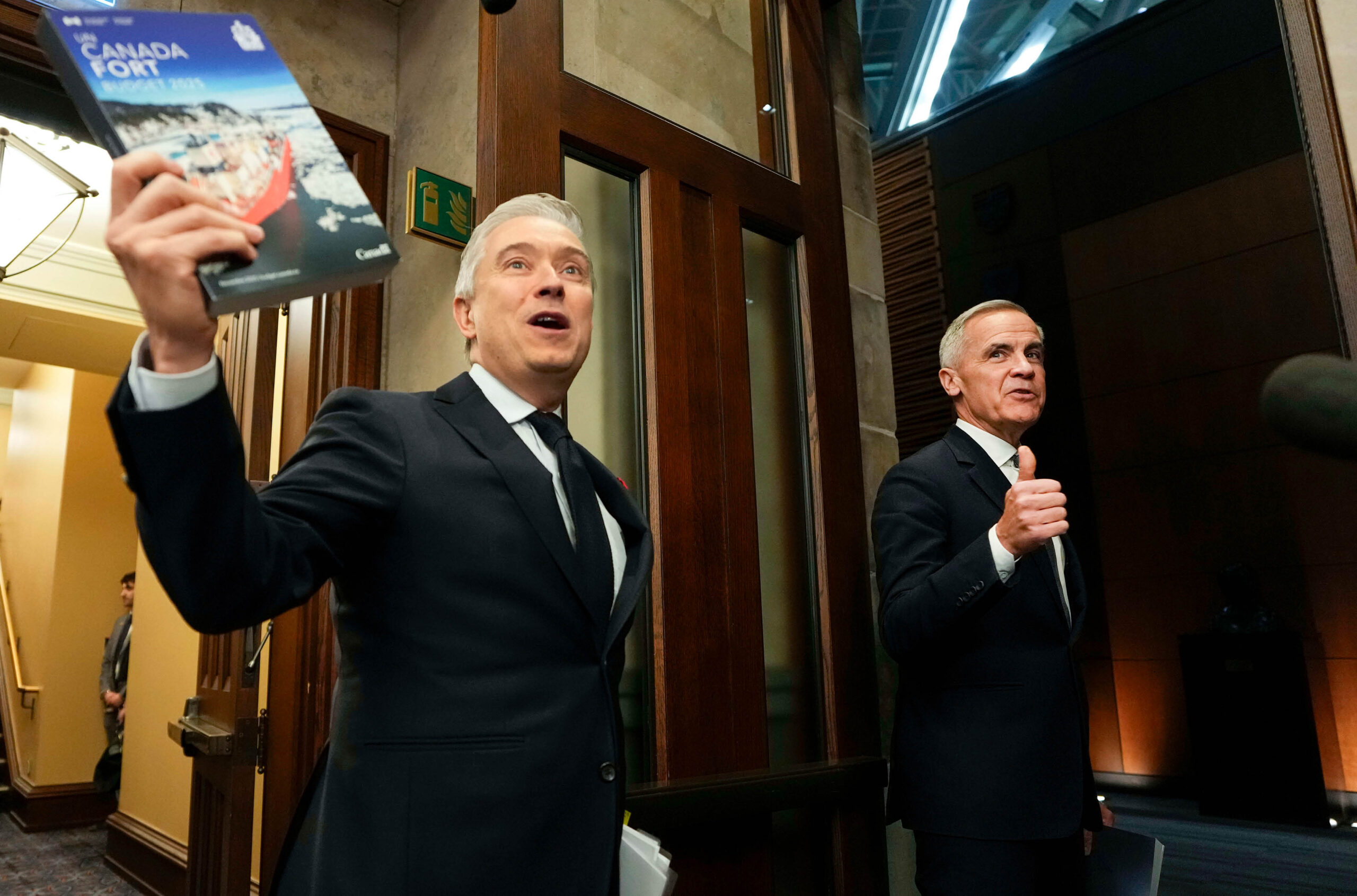
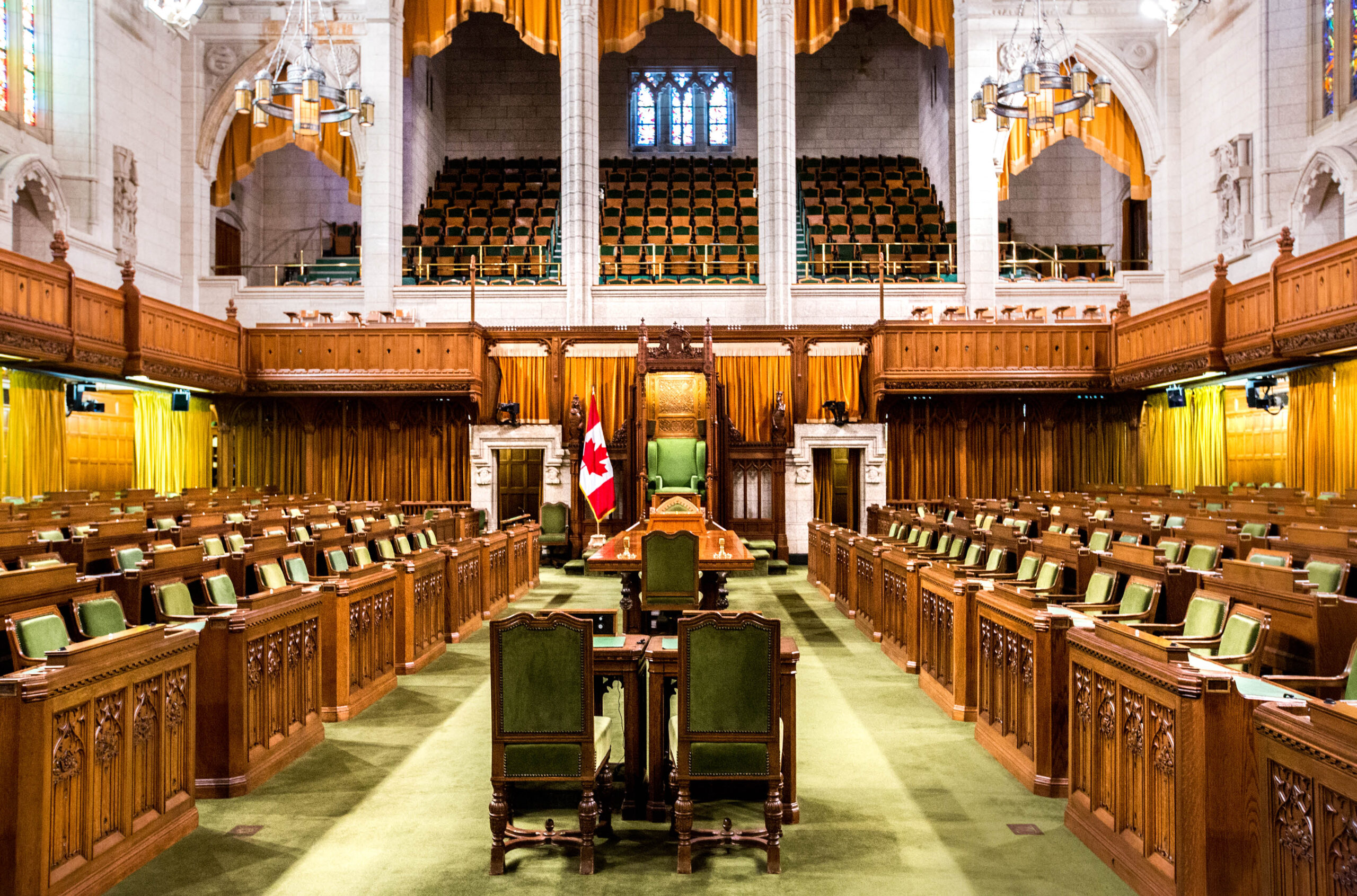


Post a comment
University Affairs moderates all comments according to the following guidelines. If approved, comments generally appear within one business day. We may republish particularly insightful remarks in our print edition or elsewhere.